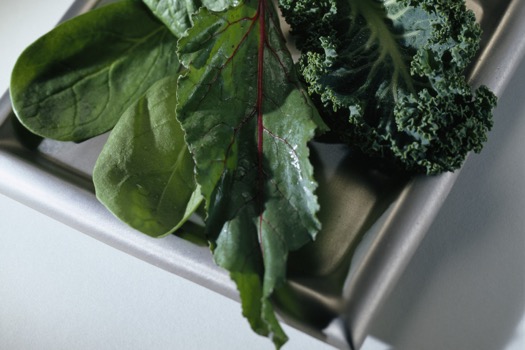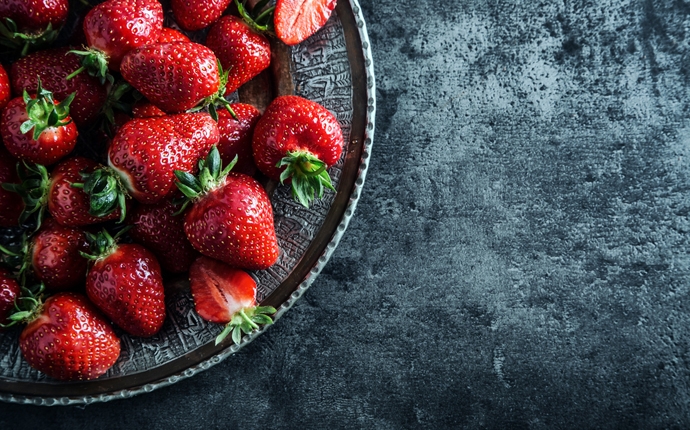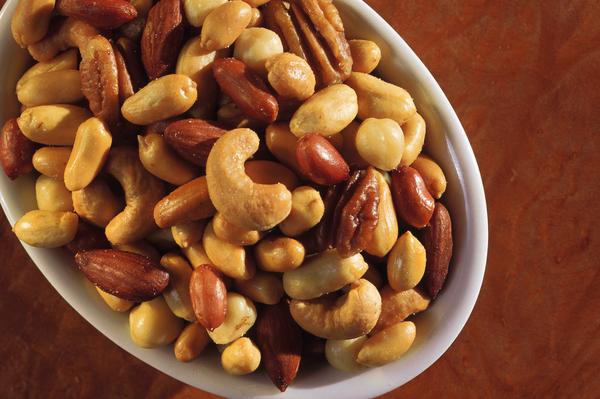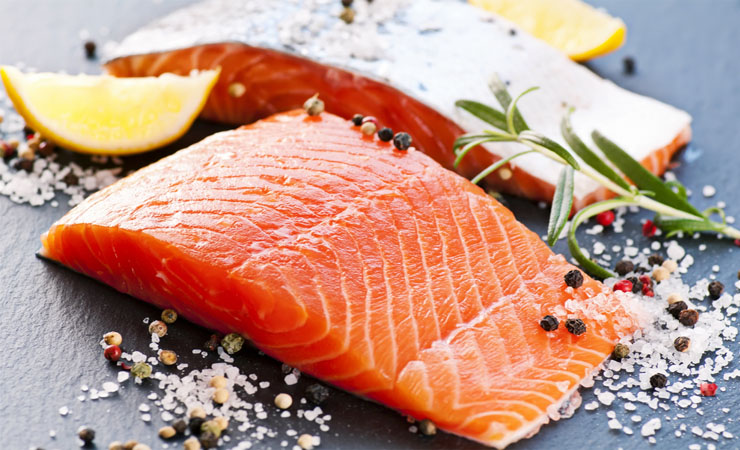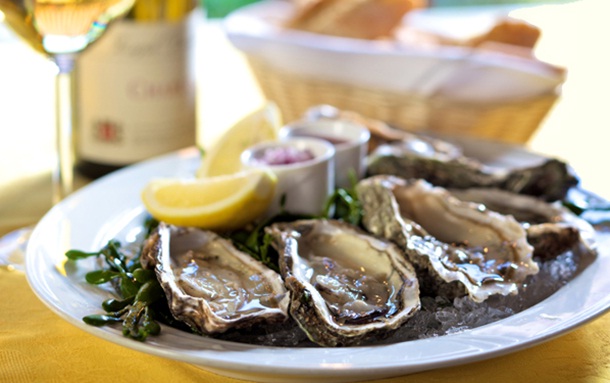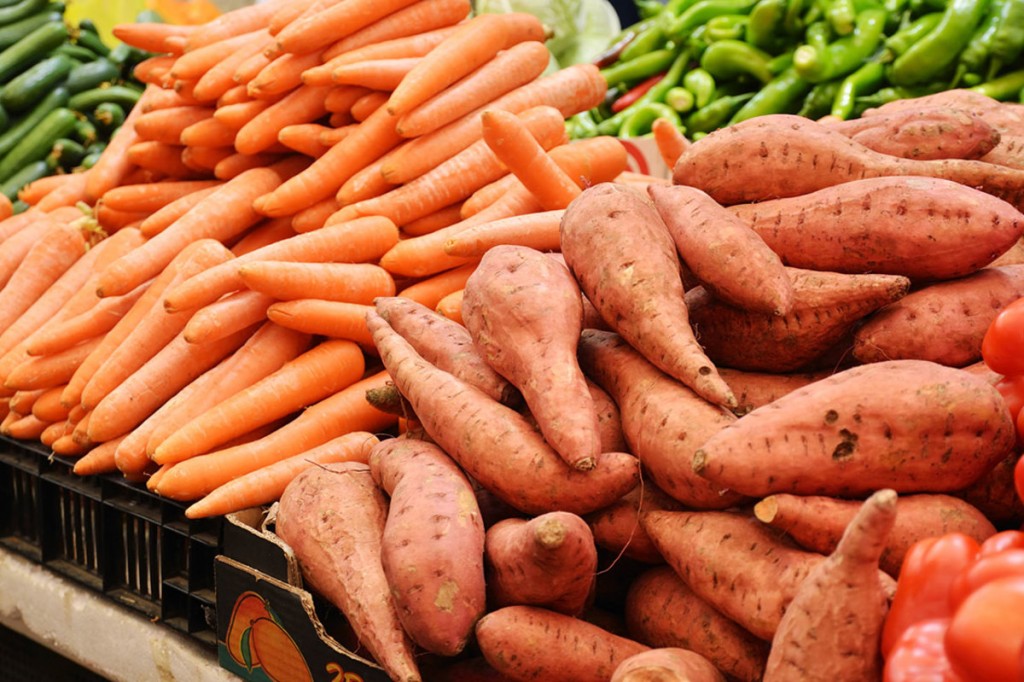Foods That Can Help to Improve Vision
Eyes need nutrients just like every other part of the body, and a nutritional deficiency can contribute to poor vision and unnecessary strain. While foods won’t necessarily provide a cure for common eye conditions or deformities, there is a direct relationship between nutrients and vision quality. Consequently, everyone can benefit from eating foods that promote overall eye health.
While carrots are perceived to be the go-to source of vitamins that can give our vision a boost, there are a number of other foods that can be just as or more beneficial for our eyes. Let’s take a look at some of the best things to be eating in order to maintain good eye health.
Kale and Spinach
These foods are loaded with antioxidants, and these “cleaners” play a vital role in repairing damaged cells and removing toxins. Compounds found in these leafy greens are also thought to either block some of the harmful rays of the sun or help to repair damage that is caused by too much exposure. Additionally, these compounds are also thought to help slow the rate of age-related vision degradation.
Fruits High in Vitamin C
Fruits such as strawberries, papaya, mango, grapefruit, oranges and even some sprouts contain high concentrations of vitamin C. Vitamin C is not only a powerful antioxidant, but it also helps to boost the immune system, which responds and attempts to repair damage to the eyes. Vitamins also help to protect the eyes and surrounding area against infections that can lead to vision problems over the course of time.
Vitamin E from Nuts
Nuts contain healthy oils, proteins and Vitamin E that help to repair damaged tissues and strengthen some of the components that make up our vision system. Vitamin E also compliments Vitamin C, and they interact in ways that can magnify their beneficial effects.
Salmon and Herring
Fatty fish, particularly salmon and herring contain high levels of omega-3 fatty acids, and these are essential proteins that the body needs to build muscle, keep tissue healthy and minimize inflammation. Eyes are particularly sensitive to inflammation from environmental factors, poor lighting as well as general strain. A couple of servings a week can be just what the doctor ordered to keep these tissues as healthy as possible.
Zinc
We all know how zinc is useful for reflecting the sun and protecting the skin from its harmful rays. Sun exposure is one of the biggest threats to eye health, and a stead dose of zinc provides sensitive tissues with an extra layer of protection. Aside from supplements, you can get zinc from oysters, turkey meat, eggs, as well as an assortment of nuts and grain products.
Beta Carotene or Vitamin A
Vitamin A is commonly associated with improving night vision, and it really works. All you need is around a serving of sweet potatoes, carrots, colorful squash, pumpkin or red bell peppers in order to give your body what it needs on a daily basis.
Keep in mind that this is not an exhaustive list, but these represent items that are easy to obtain and store over the long term. While vision health may not be on the top of your list of priorities in terms of survival preparedness, it should be. Clear vision can make all of the difference in the world when you’re contending with a survival situation, and these foods can go a long way toward helping you to see better.

